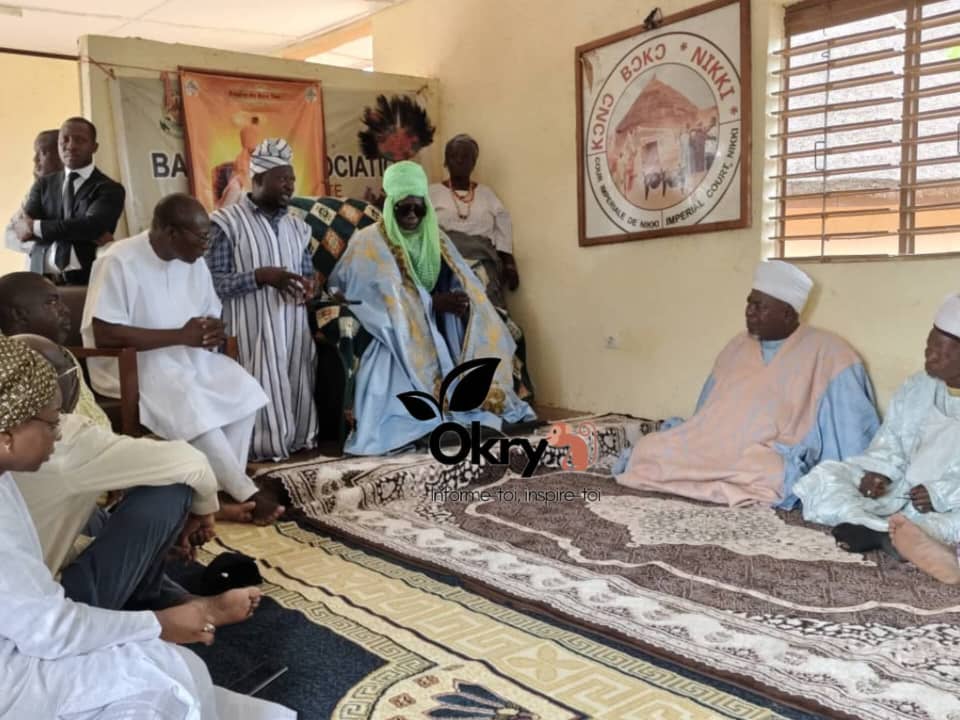
During a high-profile visit to the historic city of Nikki on Tuesday, July 29, Benin’s President Patrice Talon reaffirmed his dedication to transforming the Gaani celebration into an internationally recognised cultural event.
Standing alongside traditional leaders and government officials, Talon announced a new phase of construction designed to elevate the royal and cultural heritage of the Baatonu and Boo peoples.
In a symbolic exchange with the Emperor of Nikki, President Talon declared: “My hope is that the next Gaani will be of a different quality, but since I will no longer be president in 2026, count on me, everything will be done and I will come to celebrate the Gaani with you. I will launch all the work and very quickly.” His remarks signalled an unwavering commitment to cultural continuity and national pride.
The initiative forms part of the Government’s Action Program, with the transformation of Nikki structured around a multi-phase development blueprint.
The first phase, covering five hectares, includes the construction of the Baru Term mixed royal palace—complete with royal residences, a queen mother’s house, a mosque, and a 3,500-seat cultural arena.
The venue will include a parking facility capable of hosting 300 vehicles, designed to accommodate both Gaani and other major cultural gatherings.
The second phase expands over an additional 15 hectares and will house agricultural infrastructure serving the royal court, underscoring the economic role of traditional heritage.
Complementary facilities will enrich the site, including a monumental entrance gate, the Sinaboko residence, a hall for sacred drums and trumpets, VIP stands, an open-air theatre, a central parade route for horses, and technical provisions for performers.
These elements aim to position the Gaani festival for recognition as an intangible cultural heritage of humanity by UNESCO.
The wider vision includes infrastructure development such as the ongoing paving of the 147.68 km Nikki-Kalalé-Ségbana road—set to ease mobility, connect communities, and boost economic development in the region.



